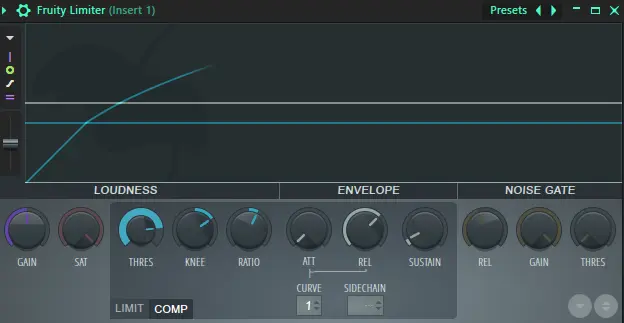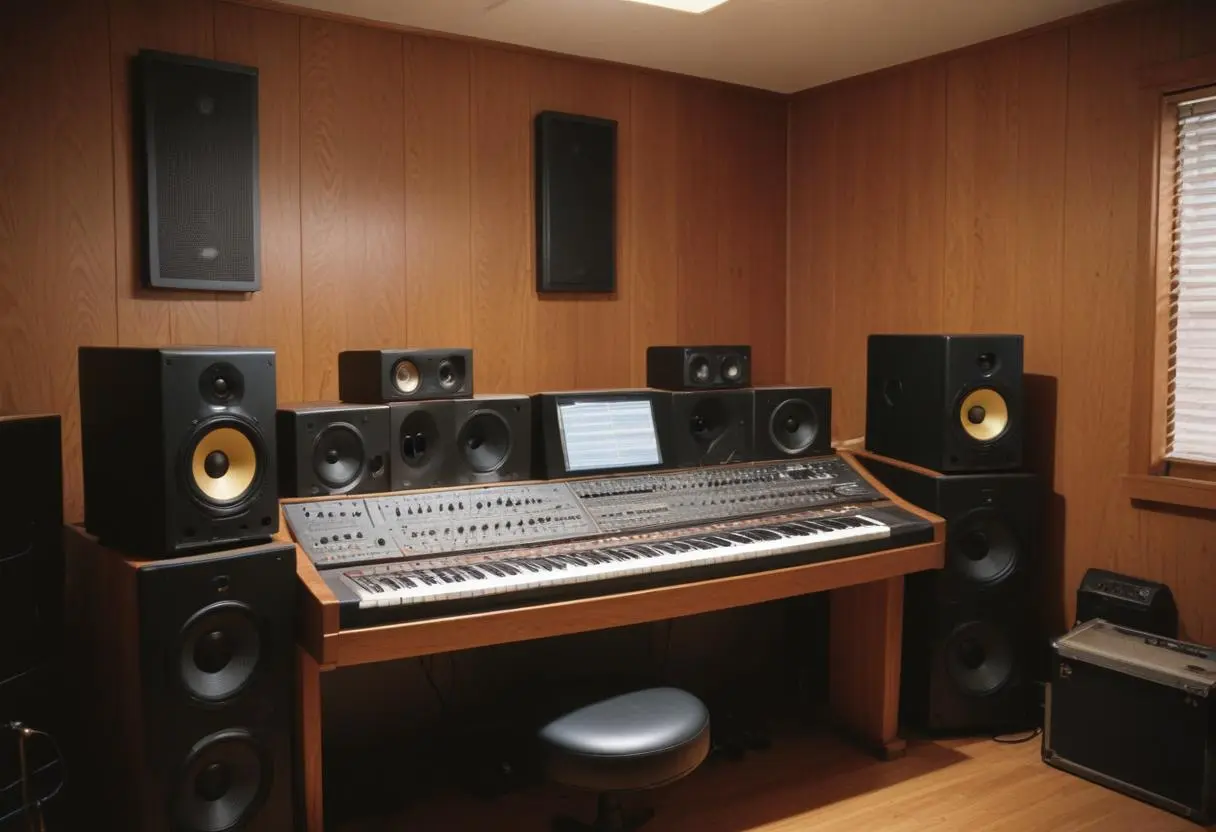How to Compose Song Text Without Using Music

How to Write Song Lyrics
The subject of {How to Write Song Lyrics} read these eight easy steps. I hope it helps to allay your concerns.
Composing lyrics for songs may be a creatively satisfying activity that gives you a unique method to communicate your feelings, ideas, and experiences. This article will present you some insightful advice on how to compose catchy song lyrics, regardless of whether you’re an aspiring songwriter or just want to explore your creative side.

1. Find Your Inspiration
It’s critical to identify your inspiration before you begin writing. This may originate from firsthand knowledge, observations, or even works of other art. Think carefully about the message you want to get through to your audience and the meaning you want to portray in your songs.
2. Define Your Theme
Determining your song’s theme is crucial when you’ve discovered your inspiration. This will assist you in maintaining concentration and guarantee that your lyrics have a defined path. You can write about love, heartbreak, societal issues, or anything else you choose, but having a clear subject can help your songs flow together and seem more sympathetic.
3. Create a Structure
Writing music lyrics requires having a structure. It guarantees that your lyrics flow naturally and helps you arrange your thoughts. A song often has the following structure: verse, chorus, bridge, chorus. To add your own special touch, don’t be scared to experiment and stray from this framework.
4. Use Metaphors and Similes
Similes and metaphors are effective devices that give your lyrics more nuance and vivid imagery. They enable you to succinctly and powerfully communicate difficult feelings and concepts. Try using various similes and metaphors to write catchy and memorable songs.
5. Pay Attention to Rhyme and Rhythm
Rhyme and rhythm are important components of song lyrics. They contribute to the creation of a pleasing and memorable melody. Experiment with various rhyme schemes and rhythms to find those that work best for your song. Remember that not all lyrics must rhyme, but a consistent rhyme scheme can improve your song’s overall appeal.

6. Be Authentic
Being genuine is one of the most crucial elements of writing song lyrics. Write from the heart, allowing your genuine feelings to come through. If your lyrics seem real and authentic, your audience will relate to them on a deeper level.
7. Edit and Revise
Spend some time editing and revising your lyrics after you’ve written them. Seek to enhance the impact, coherence, and overall clarity of your writing. Think about getting input from dependable friends or other musicians to obtain alternative viewpoints and make the required corrections.
8. Practice and Perform {How to Write Song Lyrics}
Finally, memorize and perform the lyrics to your song. You can improve your delivery and find any areas that require work by singing your lyrics aloud. Whether it’s a small gathering or an open mic night, performing in front of an audience will give you invaluable experience and enable you to gauge the response of your listeners.
Conclusion {How to Write Song Lyrics}
Composing lyrics for songs is an artistic endeavor that demands commitment, perseverance, and a readiness to communicate oneself. You can write catchy and memorable lyrics that connect with your audience by using these pointers and letting your own voice come through. So pick up your favorite instrument or pen and paper, and get to work writing your next big song!
Check this also for your referencCheck our featured post Home Studio vs Professional Studio 3 Useful Points
Can AI Replace Human Musicians? Exploring the Future of Music Creation

Can AI replace human artists? Artificial intelligence in music Can AI Replace Human Musicians? Introduction Artificial intelligence in music (AI) is swiftly changing multiple industries, and the music sector is no different. The incorporation of AI into music production, songwriting, and live performance has opened the door to inventive practices and technologies that question conventional…
How to Use Vocal Compressor?

How to Use Vocal Compressor? Vocal compression is an important step in music production for creating a refined sound. This article covers everything from how to set up your compressor and dial in the optimum settings to advanced techniques like as parallel and side-chain compression. Learn how to control dynamic range, establish voice presence, and…
Difference Between Home Studio and Professional Studio

Difference Between Home Studio and Professional Studio Discover the fundamental distinctions between home and professional audio production facilities. Learn about each type of studio’s equipment, technology, and expenses, as well as the benefits and drawbacks. Whether you’re a hobbyist or a professional, this guide will help you select the best configuration for your requirements. Introduction…





Leave a Reply